L’horizon de la démocratie habitée à l’épreuve du cinéma participatif du Centre Vidéo de Bruxelles
Article complet du #91 | Des projets collaboratifs pour renouveler la citoyenneté culturelle ?
FR : Cet article traite d’un nouveau référentiel théorique à même de prendre en compte la dimension politique des enjeux spatiaux des sociétés contemporaines : la démocratie habitée. Ce référentiel est tout d’abord construit à partir du croisement des axes de renouvellement de l’éducation permanente en Belgique francophone avec la théorie de la justice spatiale que je propose au sein d’un groupe de chercheurs, dont font également partie Jacques Lévy et Jean-Nicolas Fauchille. Dans la première partie, je synthétise les référentiels historiques de l’éducation permanente ainsi que leur traduction dans la régulation de ce champ par la Fédération Wallonie-Bruxelles (FWB). À partir de ce portrait, j’identifie l’émergence du nouveau référentiel de la démocratie habitée. Celui-ci postule que la production collective d’un projet culturel ou artistique de longue haleine peut partager, dans certaines conditions, les finalités et les outils de diverses formes de démocratie participative. Avec une focale géographique, cette production collective concerne ici un travail citoyen qui porte spécifiquement sur des questions relatives à l’habiter de l’espace contemporain. Dans la deuxième partie de l’article, j’élabore l’étude de cas d’un dispositif d’éducation permanente de cinéma participatif : les Ateliers urbains du Centre Vidéo de Bruxelles (CVB). L’analyse de cas s’appuie sur un processus de réflexivité collaborative lente, que je développe avec le CVB depuis 2020. Les va-et-vient entre théorie et analyse empirique des films et de ses méthodes ont permis de problématiser trois enjeux de cohérence interne des pratiques de démocratie habitée, présentés dans la conclusion.
Mots-clés : cinéma participatif, Centre Vidéo de Bruxelles, démocratie participative, éducation permanente, espace, géographie, justice spatiale, politique, référentiel, théorie
EN: This article presents a new theoretical reference which takes into account the political dimension of the spatial stakes of contemporary societies: inhabited democracy. This framework is firstly constructed through the intersection of the axes of the renewal of permanent education in French-speaking Belgium with the theory of spatial justice that I put forward among a group of researchers, including Jacques Lévy et Jean-Nicolas Fauchille. In the first part, I summarise the historical references of legitimacy of permanent education as well as their translation in the regulation of this field by the Fédération Wallonie-Bruxelles (FWB). From such a portrait, I identify the emergence of a new framework that I call inhabited democracy. Once theorised, this framework postulates that the collective production of a lengthy cultural or artistic project can share the aims and tools of certain forms of participatory democracy. With a geographical focus, this collective production refers to citizens work which specifically concerns questions related to the inhabiting of contemporary space. In the second part, I develop the case study of a permanent educational device for participatory cinema: the Ateliers urbains of the Centre Vidéo de Bruxelles (CVB). The case study is based on a process of slow collaborative reflexivity, that I have developed with the CVB since 2020. The back and forth between theory and empirical analysis of films and its methods lead to the formulation of three stakes on which the internal coherence of inhabited democracy in practice depends, presented in the conclusion.
Keywords: framework, geography, Centre Vidéo de Bruxelles, participatory cinema, participatory democracy, permanent education, politics, space, spatial justice, theory
Article complet du #91 | Des projets collaboratifs pour renouveler la citoyenneté culturelle ?

